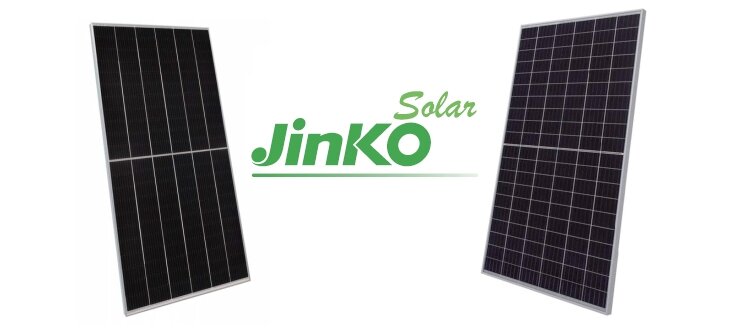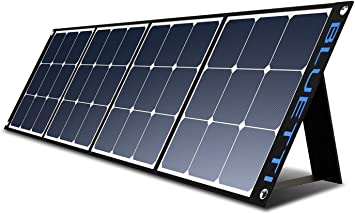
What is geothermal energy? This article will cover the benefits, costs, and disadvantages of geothermal energy. Geothermal energy is a fascinating topic that you should not miss. It is the heat created by the earth's heat that creates electricity. Geothermal geysers are something you might have heard of. These geothermal energies can be captured in hot springs, volcanoes, and other places.
Geothermal energy can be used in a variety of ways
The source of the geothermal energy comes from a huge volcano such as Yellowstone National Park in Hawaii. Water that is pumped from this source can heat buildings and lay water pipes without allowing frost to form. It can also be used for aquaculture. Another type of geothermal heat is aerial pipe heating. These systems are easy to set up and maintain. They are made from steel pipes. Ground source heat pump is the fastest growing form of geothermal energy.

Two major types of geothermal power plants exist: flash steam and dry steam. Dry steam is the most common type, while flash steam uses a heat exchanger to heat the fluid. A binary cycle plant uses heat exchangers to exchange energy with a hot fluid in the geothermal fields and a fluid that has a lower boil point. This steam is used to spin a turbine that creates electricity.
The disadvantages of using geothermal energy
Geothermal energy is renewable and clean, but it also has its drawbacks. It is expensive to set up and maintain. Additionally, geothermal energy is located far from the main population and would require an extensive distribution system, adding to its overall cost. Geothermal energy is a risky investment. It is therefore important to do thorough research. There are also risks involved with this type of energy.
Geothermal energy is renewable but not available everywhere. Exploration and drilling costs make geothermal energy less cost-effective than other fossil fuels. Geothermal energy doesn't require coal, which can be expensive and produce emissions. Geothermal energy is not reliable, and it can be subject to weather conditions and power outages. Despite these disadvantages, geothermal electricity is still the best alternative for many people.
Cost of geothermal energy
The major factors that influence the cost for geothermal energy include the location and development of the site as well construction of the power plants. Geothermal energy also has a cost due to environmental impact and labor costs. Geothermal energy can still be a great investment, provided that the cost is recouped over the long-term. This heating and cooling method is also eco-friendly and helps reduce our dependence on fossil fuels.

The initial cost for geothermal energy ranges between $10.500 to $80,000 depending on its size. The cost for geothermal energy is dependent on the size and complexity of the property. A larger property would need a larger unit with a larger loop, which in turn would increase the cost. There are two types: An open-loop system uses surface water or well water, and a closed-loop systems uses the heat and cool from the ground to generate energy. Operating and maintenance costs may be as high as $0.03 per kWh depending on the system.